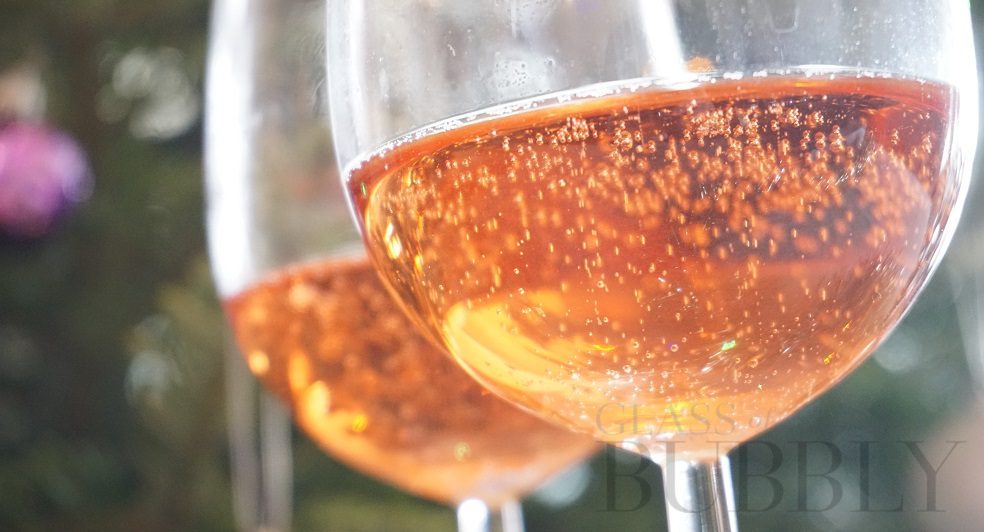Champagne Gardet advises on Vintage Rosé / Saignée Rosé
27th February 2023

Many lovers of Champagne will be particularly interested in vintage labels and there are certainly many options to choose from. ‘How about rosé Champagne though?‘ we ask, surely we are preferring a more fresh (red berry) fruity expression over any deep, complex, toasty character? Though there might be a commonly used phrase in the wine industry of ‘drink rosé young‘, many experts will say that the one exception to this is the rosé wines of Champagne.
“There are, in my opinion, some very fine rosé Champagnes released as vintages and the names which come to mind include Billecart-Salmon (Cuvée Elizabeth Rosé), Dom Pérignon (P2 Plenitude Rosé) and Taittinger (Comtes de Champagne Rosé). Equally as impressive are those from grower houses, though they remain relatively unknown to the average rosé Champagne buying consumer, with names such as Champagne Roger Brun (Romance Premier Cru Saignée Rosé), Champagne Vollereaux (Cuvée Marguerite Rosé) and Champagne Gardet (Prestige Rosé de Saignée).” Christopher Walkey
Though we might think of aged Champagnes as white, or more so deep golden coloured, we also have the deep shades of rosé Champagne to enjoy – The question is how long should we be aging rosé Champagnes? For this we turned to Champagne Gardet and their Œnologue (wine specialist), Stéphanie SUCHEYRE:
Q: Is Champagne Rosé suitable for long ageing?
The first thing to consider is “what is long ageing“?
For a rosé Champagne, the minimum legal duration of ageing on slats is 15 months for Non Vintage and 36 months for Vintage, which can already be considered as long compared to still rosés which are often drunk during the year following the harvest.
As far as we are concerned, I would say that it depends on the elaboration, conservation and corking.
It also depends on what you are looking for : if you want pink shades and red fruits, a young wine is more appropriate…
Ageing will bring complexity to the bouquet, but the structure of the wine must have been designed for this. This is the target of our winemaking type : the blended rosé is made to be drunk relatively quickly (4 to 5 years of ageing on slats) while the Rosé de Saignée is vinified to be aged for around 10 years.
So my answer would be yes, some Rosé Champagnes could be suitable for long ageing.
Q: (is ageing best) Either on a capsule and still in the Champagne cellar, or on a cork in a safe place?
Clearly, our philosophy, at Gardet, is to market a ready-to-drink bottle, that is to say that the ageing takes place in our cellars and that we can manage it first by the winemaking and blending process, then by choosing the closure of the capsule, and finally tasting will complete the control process.
For this type of product (Rosé de Saignée), we choose to use a low permeability cork after the disgorging in order to stop (as much as possible) the ageing after disgorging.
With the final customer, we have no control over anything, so it is very difficult to say whether the ageing conditions will be good: temperature (and especially absence of temperature variation…), hygrometry, type of lighting… There are so many elements that we do not control (especially for rosés, often packaged in white bottles and therefore very sensitive to the taste of light) that it would be very complicated to recommend long ageing at the customer’s premises.
We can add that the cork is a natural material likely to be heterogeneous. It is hard to predict its behaviour over time.
To conclude, we produce 2 types of Rosés for 2 different purposes :
– A blended rosé to drink young, a classic Champagne Wine, fruity and easily appreciated by most people.
– A Vintage Rosé de Saignée produced with selected vines and only with high potential vintage, with a pellicular maceration of 24 to 48 hours to extract structure, colour and aromas allowing ageing for about ten years. We know that we are developing a very particular product that will appeal more to more experienced consumers.
– So that’s our answer to your question: yes, some Champagne Rosés are suitable for (quite) long ageing, but they have to be made for that and they won’t be appreciated by everyone.
Thank you to Stéphanie SUCHEYRE – Œnologue – Responsable Vin & Qualité at Champagne Gardet.
![]()
Christopher Walkey
Co-founder of Glass of Bubbly. Journalist and author focused on Champagne & Sparkling Wines and pairing them with foods.
